The tragic death of 7-year-old Virginia Graeme Baker in 2002 was the catalyst for a focused effort to increase pool safety nationwide. While attending a party at a friend’s home, Virginia was discovered at the bottom of a hot tub, pinned down by the immense pressure from the suction force of the hot tub’s drain, which was improperly covered. Paramedics were unable to revive her, and she was pronounced dead shortly thereafter.
The preventability of Virginia’s death prompted her mother, Nancy Baker, to bring awareness to the hidden hazards of pool and hot tub entrapment and evisceration. After years of lobbying, her efforts resulted with Congress passing the Virginia Graeme Baker Pool and Spa Safety Act (VGBA) in December 2007.
Requirements
The VGBA requires that all pool drain covers that are manufactured or sold in the U.S. comply with entrapment standards accredited by the American National Standards Institute and published by the American Society of Mechanical Engineers (ANSI/ASME). Additionally, owners of public swimming pools and spas – whether new or existing – are required to retrofit drain covers to adhere to these standards and ensure that new pools and spas are equipped with the proper covers. They must also install safety equipment, including ANSI/ASME-certified suction outlets and covers designed to prevent entrapment to their spa and/or pool suction outlet systems.
While the VGBA was designed to bring nationwide awareness to the dangers of inadequate drain and pool equipment, it applies only to public pool and spa owners; compliance is not required by those with privately-owned pools.
HOA Compliance
Because association swimming pools are not open to the public, some boards may wrongly assume that the Act does not apply to their community pool and spa. However, VGBA legislation defines “public pool and spa” as a spa or swimming pool that is open to the general public or to members and guests of an organization or multi-unit apartment building, apartment complex, residential real estate development, or other multi-family residential area.
Related: What is HOA Assessment Insurance?
While HOAs should have retrofitted existing pool equipment, continued efforts are required. It is imperative for HOAs to schedule regular pool and spa maintenance from qualified professionals familiar with VGBA standards. Although an added expense, doing so is well worth ensuring residents’ safety and avoiding possible legal ramifications should an incident occur due to falling out of VGBA compliance.
For questions about the best type of insurance coverage for your HOA community or to receive a free quote, contact Blue Lime Insurance Group today!




